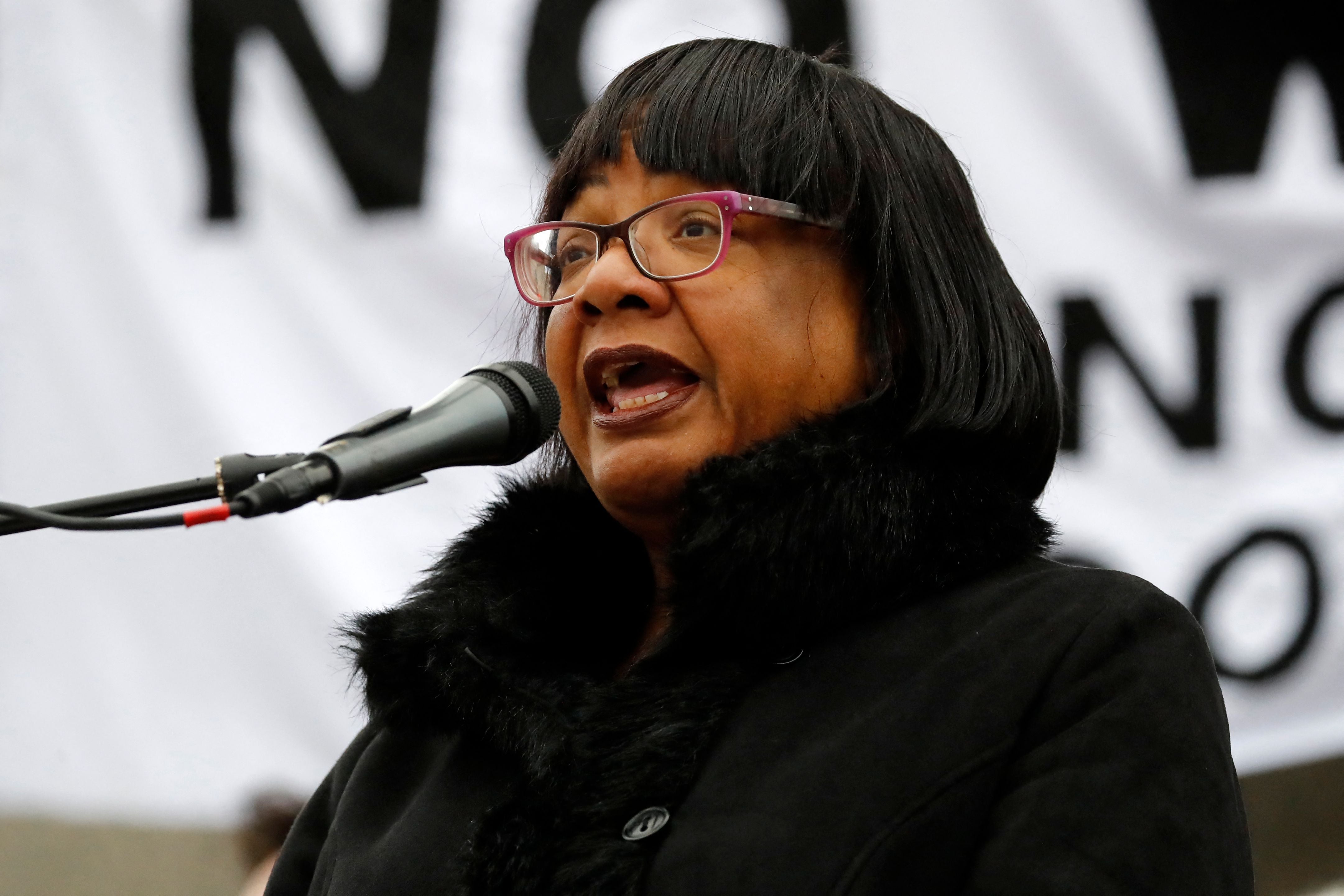Black and minority ethnic ambulance staff twice as likely to face discrimination
Black and ethnic ambulance staff twice as likely to suffer discrimination, report reveals, as a third of NHS staff overall face bullying and harassment
Nearly one in five Black and ethnic minority ambulance workers reported experiencing discrimination from colleagues last year compared to one in 10 white staff, according to new figures from the NHS.
In its annual race report, the NHS revealed overall that 17 per cent of its Black and ethnic minority staff experienced discrimination, compared to 6.7 per cent of white workers.
The NHS still faces huge challenges in key measures of
The news comes in the same week as a report warning trainee paramedics are facing widespread sexual harassment and racism which is going unchecked by managers.

Last year, The Independent revealed the shocking results showing 27 per cent of BME staff have experienced bullying and harassment. Despite promises to tackle the issue, results this year show the level has stayed about the same and has not improved since 2016.
On Monday NHS chief executive Amanda Pritchard joined those criticising Tory donor Frank Hester over what she called “disgusting” comments about MP Diane Abbott.

Writing to healthcare leaders on Monday, Ms Pritchard, said: “I’ve spoken to a number of colleagues, including at Wednesday’s meeting of the NHS Assembly, who have told me of their concern and disgust at the racist, sexist and violent comments alleged to have been made by Frank Hester.
“I completely share these concerns. The alleged language and behaviours reported are a long way from our NHS values. They should not be tolerated, wherever they occur.” Her comments were first reported in the Health Service Journal.
The Conservative Party has been under pressure to return the £10m donated by Frank Hester, the chief executive of the Phoenix Partnership, after he allegedly said of Ms Abott that she made him “want to hate all Black women” and that she should “be shot”.
For the first time, NHS England included survey questions for its international workforce, revealing 34 per cent of white, internationally recruited staff experienced bullying or harassment, while the number was 29 per cent for Black and minority ethnic international staff. This compares to 23 and 25 per cent of those recruited from the UK.
According to the NHS’s latest report on race, Black women were the most likely to experience discrimination at work with 16 per cent overall reporting this in 2022. Black female general managers reported the highest levels with 19.8 per cent claiming to have experienced this, followed by 19.2 per cent of nurses.
For ambulance staff 17 per cent of Black women experienced discrimination and 18 per cent of Black male staff – compared to 11 per cent of white men and 10 per cent of white women.
Responding to the survey, Saffron Cordery, deputy chief executive at NHS Providers said: “Trust leaders remain dedicated to improving working conditions for ethnic minority and disabled staff, but substantial challenges persist, including in relation to supporting career progression and tackling harassment, bullying and abuse.
“These report findings, along with the latest NHS Staff Survey showing ethnic minority and disabled staff are more likely to experience abuse from patients and the public, underline the need for urgent action to ensure staff feel safe.”
Dr Navina Evans, NHS England chief workforce officer, said: “There are some positive improvements in this year’s data, including a higher number of people in senior positions in the NHS being filled by people of ethnic minority backgrounds and disabled colleagues.
“But we know there is more to do, and with the NHS workforce more diverse than at any point in its history, progress is particularly critical.”
She said the NHS’s Equality, Diversity and Inclusion improvement plan has set out targeted actions to address prejudice and discrimination in the workplace.
Join our commenting forum
Join thought-provoking conversations, follow other Independent readers and see their replies
Comments
Bookmark popover
Removed from bookmarks